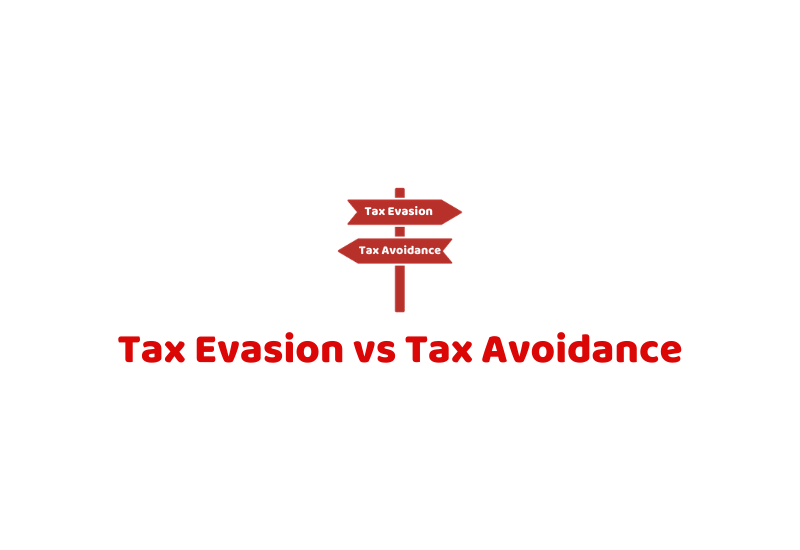Tax Evasion vs Tax Avoidance: In very simple terms, tax avoidance is legal, but tax evasion is illegal and you risk prosecution for breaking the law. However, in some sophisticated cases, the Taxman has been trying to blur the boundaries and claim some forms of tax avoidance are illegal.
A few examples will show the difference:
- The most common example of Tax Evasion amongst small businesses is making cash sales and not putting this money into your bank account or recording it in your accounting records, so the tax man will never know about it, or so you think!
- A slightly more thought out example may be making up some forged purchase invoices. You write out the cheques to pay them with the name of the fictitious supplier on the cheque stub but it’s actually made payable to you and goes into a secret offshore account. Again, this is tax evasion and is illegal.
- Choosing to run your business as a Limited Company rather than as a sole trader in order to benefit from lower rates of tax paid by Limited Companies is an example of tax avoidance and is legal. But it’s not always black and white, there are grey areas…
- This may be because the law itself is in question or the facts of your particular case are in question. It often arises that HMRC may interpret something in one way, surprisingly to their advantage, but the accountant and the taxpayer may interpret it differently.
- Please remember that HMRC does not make the law of the land and they often get it wrong. Prepared to stand up for your rights if necessary and don’t be bullied by them.
- You should fight HMRC on technical grounds, but you need to be very sure of your facts and the law. If you can’t come to an agreement with HMRC, the matter normally ends up before the first tier Tax Tribunals who are an informal independent Tax Court to decide the matter. Many accountants don’t like going to the tribunal but they shouldn’t be afraid to go if they have a reasonable argument.
- HMRC knows it costs you money in accountants’ fees to argue with them and you may back down as the tax saving is not worth it after paying your accountant. In these situations look at getting your accountant to work on a no-win, no-fee basis for you.
- This report will point out any grey areas and the risks so that you are informed. Taking a small, calculated risk can legitimate business decisions.





















































